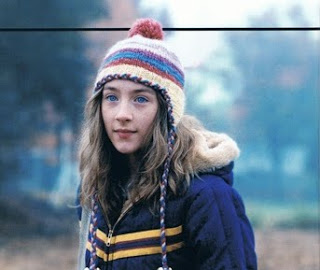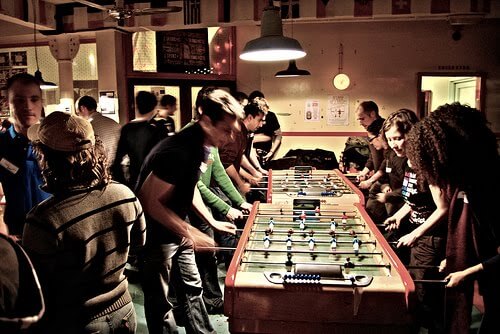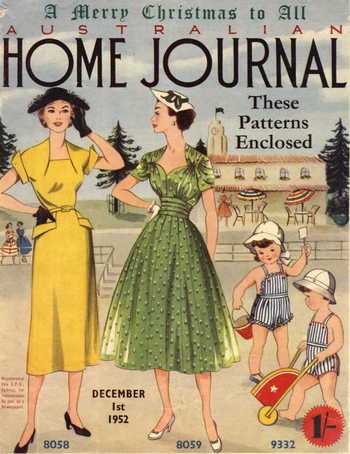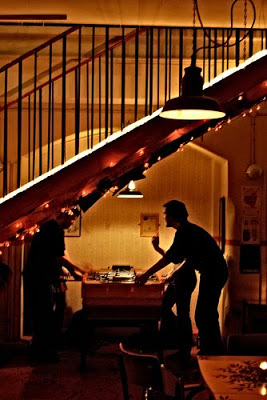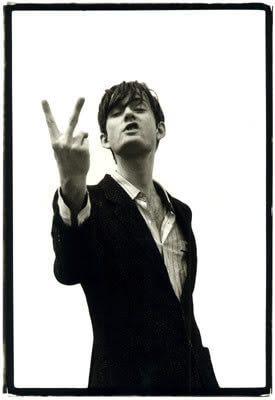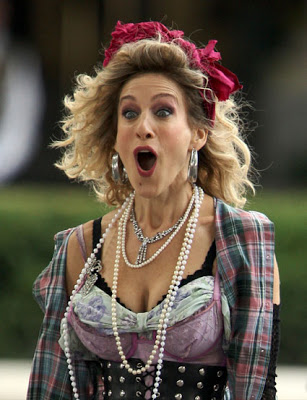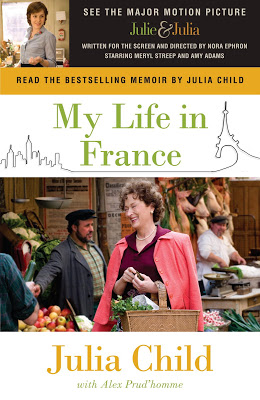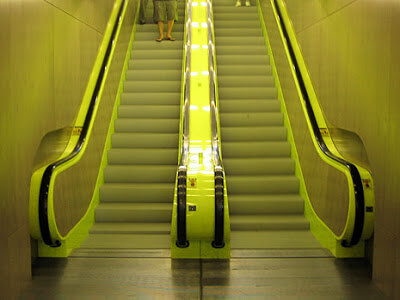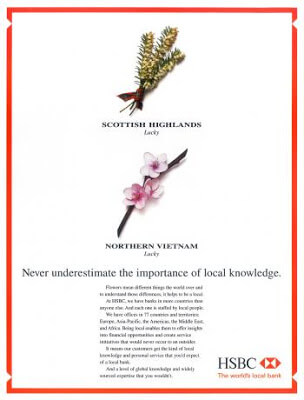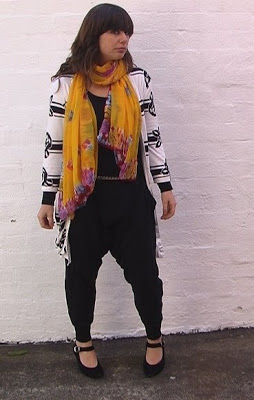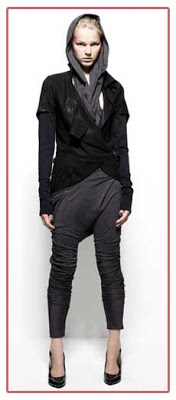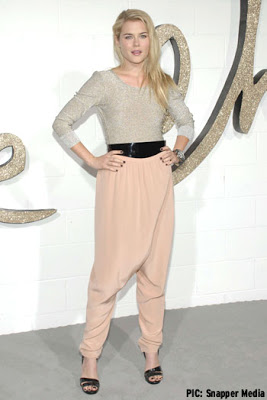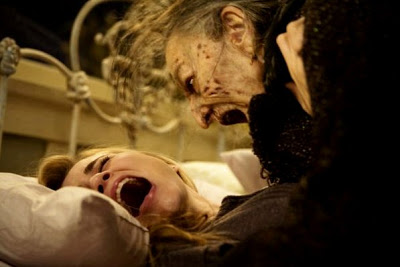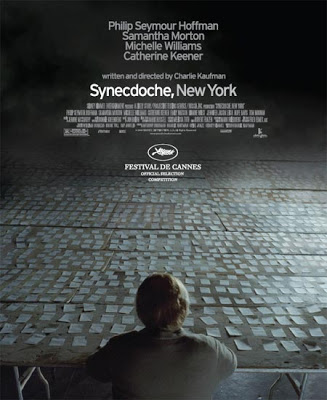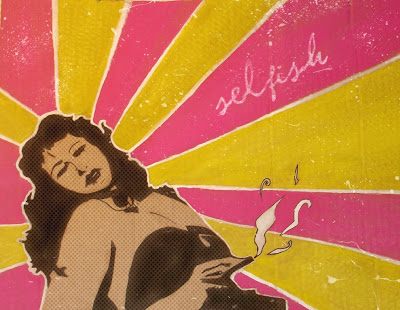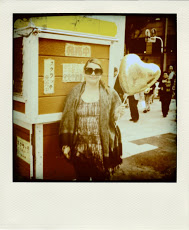I recently read the article Why I Left My Children by writer Rahna Reiko Rizzuto
I never wanted to be a mother.
I was afraid of being swallowed up, of being exhausted, of opening my eyes one day, 20 (or 30!) years after they were born, and realizing I had lost myself and my life was over ... My problem was not with my children, but with how we think about motherhood. About how a male full-time caretaker is a "saint," and how a female full-time caretaker is a "mother." It is an equation we do not question; in fact we insist on it. And we punish the very idea that there are other ways to be a mother.From the time I was old enough to understand where babies came from and astute enough to appreciate the dynamics of caring for a child, I knew it wasn't for me: the lack of sleep, the inability think of yourself first (or sometimes even think) and the observation that having a child is more than something people do, it's who they are (and I don't mean this in a nasty way - it seems like an inevitable part of the job description). I generally like kids and have a fondness for a few in particular - my friend Jackie's little boy Hartley is definitely on my list of very special little humans, my nephew Seth is the perfect balance of adorable, clever and mischievous, and the kids of other friends like Jaime and Kulsoom's gentle little ginger haired boy Joe. But for all this, I have never had a moment where I've thought that motherhood is something I want to do.
It's funny how people react to this news. When I was a kid and a teenager, generally people told me that I would change my mind when I grew up. The responses I tend to get now are a little bit more subtle: some people are surprised, some people are ambivalent, a very few totally get it, but there are still a surprising number of people who just don't believe me. Like this lack of desire to procreate is just a problem and we need to diagnose it properly to find a cure: is it my relationship or my job? Maybe I just don't feel financially secure enough to have kids? Or my favorite: when the time is right, I'll know and it will magically happen.
I don't know if men who don't want kids get this same kind of reaction from people, but I suspect not. Actually, I suspect men rarely even get asked the question because it is assumed that with or without children, they are living a complete life. But so many people still equate motherhood with the ultimate fulfillment a woman could possibly experience - our bodies were designed to have babies and how could we possibly go through life without wanting to be a part of this glorious miracle? If you are a woman who doesn't want kids, there must be something wrong with you. Don't believe me? Just scan some of the comments on the Salon article - a shocking number of them express thorough disgust with Rizzuto, despite that she is still actively involved in her kids lives, despite that if you believe the article, her kids are happy and well cared for, despite that she gave custody to her husband - a man who always wanted kids.
Here's a sample:
From the vitriol in some of these comments you would think that she beat them or starved them before handing them off to child abusing strangers. Nope: she went to Japan for six months before moving into a house down the block from where they live with their father, she sees them whenever they want and, it sounds like they have found a non-traditional family model that works for everyone. Would a man writing the same article get this kind of reaction about the audacity of his ego?
I am happy for my friends and family who choose to have kids, despite the fact that I may not relate entirely to the decision. And yes, there are things I'll probably miss in my life because of this choice, but there are also things I will gain: travel, freedom, the ability to put my relationship with my partner first, a greater likelihood of financial security, the ability to sleep in or stay up late, time to read and write, the ability to work when I want to work without feeling guilty ... And I refuse to accept that these things are of lesser value than the sacred calling to motherhood. I'm tired of it being implied.
So that's it world. This is my declaration to you: I do not intend to have babies and it is not because I am damaged or selfish or deluded or deranged. It is highly unlikely that I'm going to change my mind on this and believe me, I take every precaution I can to ensure it doesn't happen. And I am not sad, or lonely and I am not worried about how I'm going to feel about it when I'm 70 years old and this decision is not the result of some horrible trauma I suffered during my childhood. Please save the disproportionate pity, incredulity and sometimes outrage for someone who truly deserves it.
I think Rizzuto made a difficult decision, one that was probably more painful because of the inevitability of running up against the underlying assumption that all women should feel a calling towards motherhood - she expresses more guilt in the article about her lack of calling than her decision to give up custody of her kids. I feel sad that despite the apparent health and happiness of her children, she still feels like "a cold bitch" and that sentiment is reinforced by hundreds of hateful anonymous trolls who only underline that ladies, we actually haven't come as far in our quest for equality as we like to think we have. And to some degree, our freedom to choose is only acceptable if we are making choices within the boundaries of the socially ascribed limitations of our gender.




